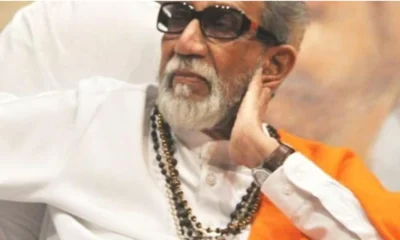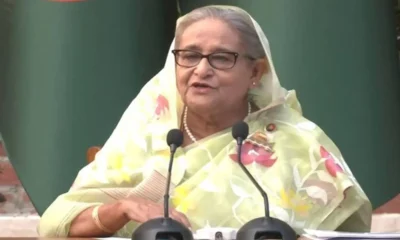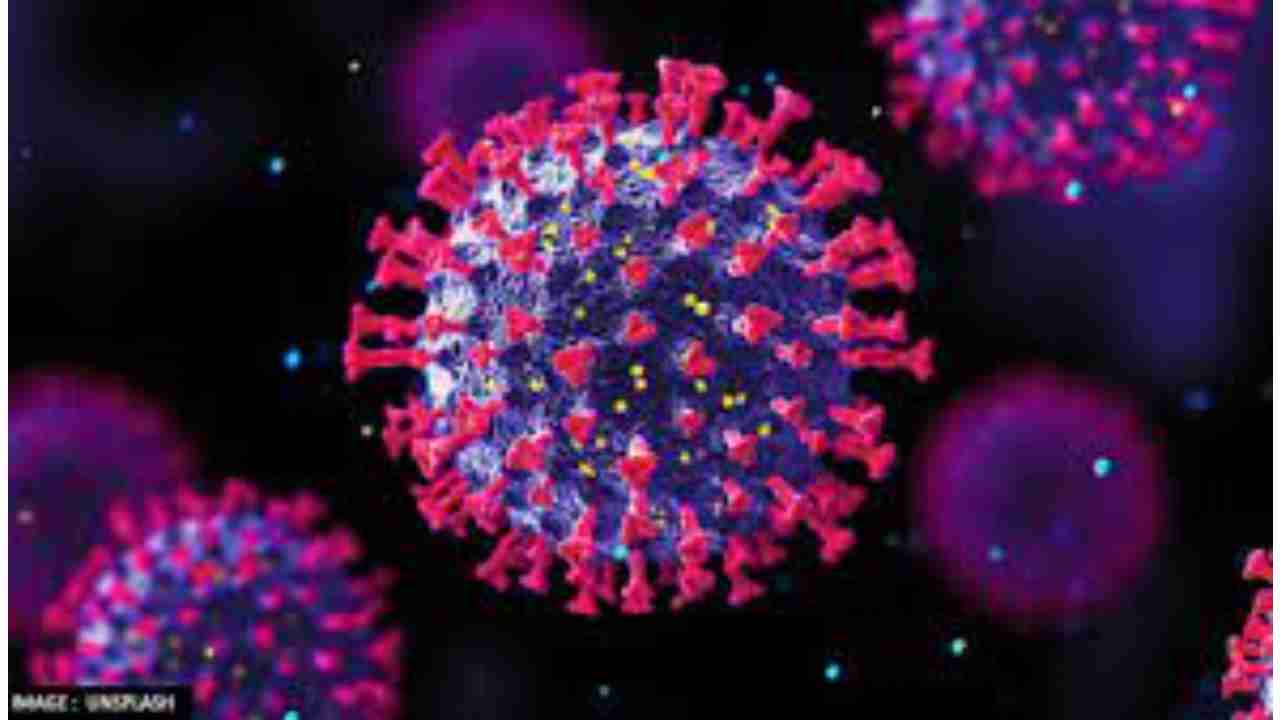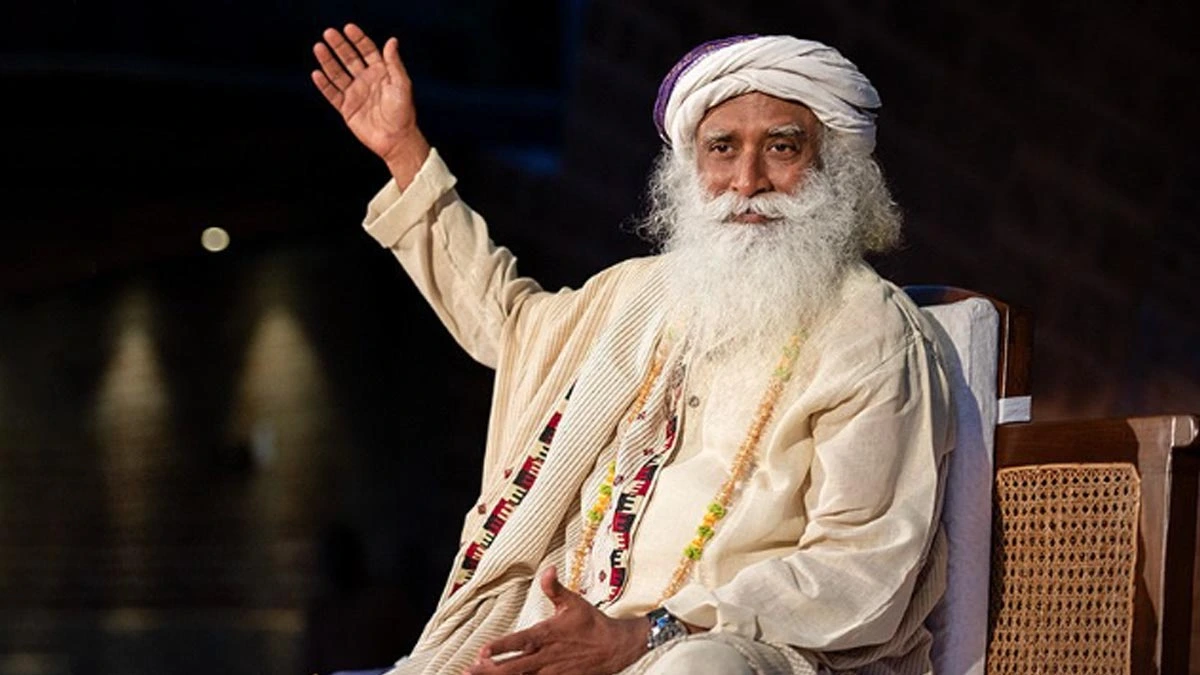Health
Covid-19 outbreak: Upward trend in cases triggers fear of fourth wave | Is lifting restrictions a major cause for rising cases?
No one could have predicted that the year 2020 would push you to undertake things that no one could have imagined. The outbreak has had a cascading effect on the world.

Health
Karwa Chauth 2025 moonrise time: Biohacking the fast from sunrise to moonlight for better health
Karwa Chauth 2025 fast offers not only spiritual fulfilment but also scientifically proven health benefits — from improved metabolism and hormonal regulation to enhanced longevity and mental clarity.
Health
Sadhguru’s 30% diet challenge: Spiritual leader explains how eating more fruits can transform your digestion and mental clarity
Sadhguru’s 30% diet challenge urges people to eat more fresh fruits daily. From better digestion to steady energy, here’s how this change can improve your life.
Health
Is winter really a silent threat for diabetics and hypertensive patients? Risks you need to know
-

 India News12 hours ago
India News12 hours agoShashi Tharoor likely to skip key Congress meet amid unease with party leadership
-

 Latest world news12 hours ago
Latest world news12 hours agoUS immigration agents detain 5-year-old boy in Minnesota during arrest of father
-

 India News12 hours ago
India News12 hours agoRain in Delhi, snowfall in Kashmir as north India sees weather shift
-

 India News12 hours ago
India News12 hours agoPM Modi pays tributes to Netaji Subhas Chandra Bose on birth anniversary
-

 India News12 hours ago
India News12 hours agoPM Modi says Balasaheb Thackeray’s vision for Maharashtra continues to inspire generations
-

 Latest world news2 hours ago
Latest world news2 hours agoIran: US ramps up military presence as tensions rise
-

 Latest world news2 hours ago
Latest world news2 hours agoSheikh Hasina calls Yunus a murderous fascist in address to Delhi gathering
-

 Cricket news1 hour ago
Cricket news1 hour agoIND vs NZ 2nd T20I: New Zealand cross 200 despite India’s fightback in 2nd T20I









